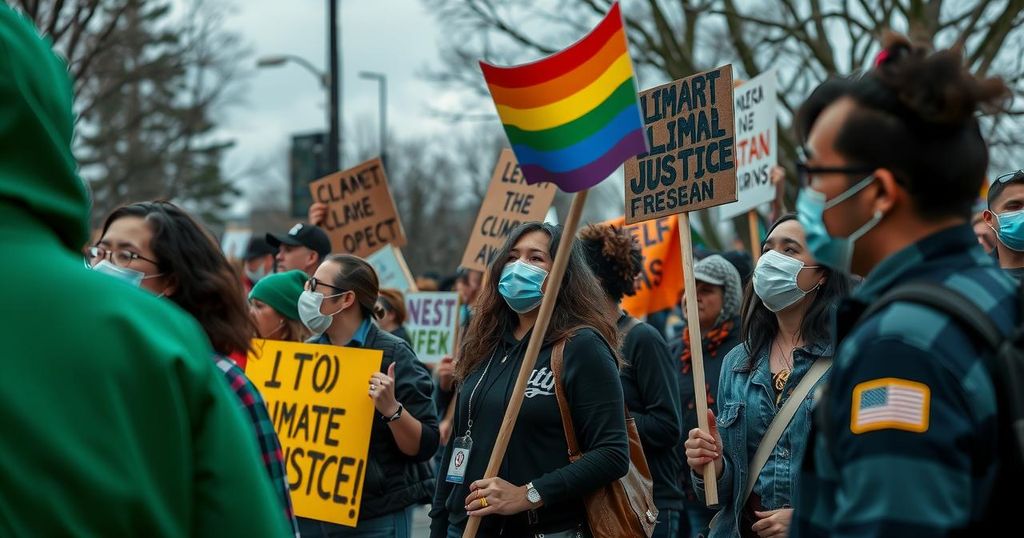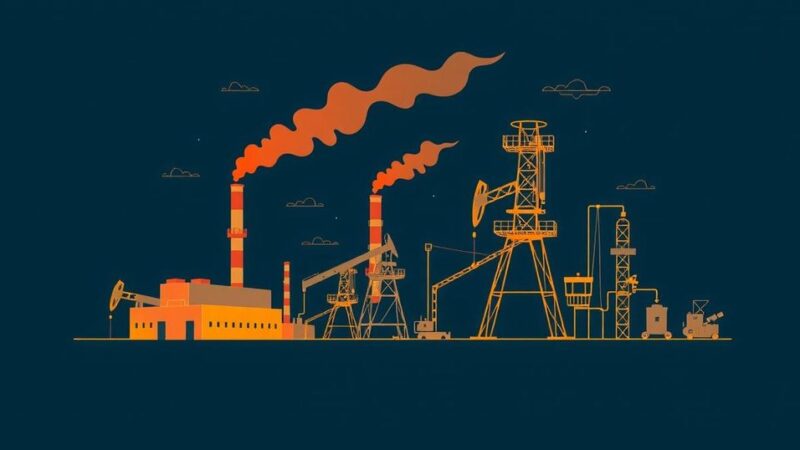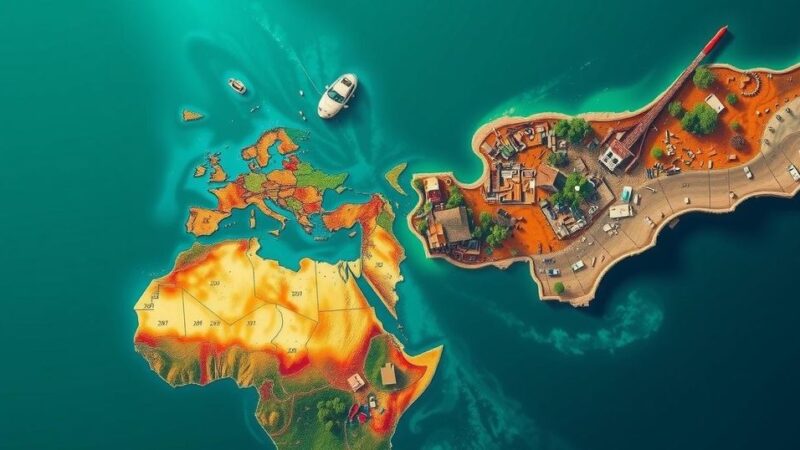During COP29 in Baku, Azerbaijan, civil society activists hosted a People’s Plenary to advocate for climate action while addressing the ongoing genocidal violence in regions like Palestine and Sudan. Led by figures such as Lidy Nacpil, Jana Rashed, and Leena Eisa, they highlighted the need for reparations linked to climate finance and the detrimental effects of military conflict on the environment. Their efforts challenge the prevailing narratives within formal climate negotiations, emphasizing the interconnection of human rights with climate justice.
At COP29 held in Baku, Azerbaijan, civil society activists convened for a People’s Plenary titled “Pay Up, Stand Up: Finance Climate Action, Not Genocide.” This gathering took place outside the official negotiation rooms amid extensive restrictions on protests. Participants memorialized Palestinians who have lost their lives due to military violence, simultaneously demanding a cessation of ecocidal actions worldwide. Key figures included Lidy Nacpil, co-chair and Filipino climate activist, alongside Palestinian activist Jana Rashed and Sudanese activist Leena Eisa, all of whom emphasized the critical intertwining of climate justice and human rights violations in conflict zones.
Lidy Nacpil highlighted the importance of solidarity among participants, expressing that this gathering served as a testament to their collective strength despite restrictions that muted their voices within the official proceedings. These constraints included prohibitions on naming specific countries, rendering direct advocacy challenging. Nevertheless, the participants focused on the imperative of addressing climate finance as a form of reparations owed to developing nations disproportionately affected by climate change.
Jana Rashed elucidated the urgency of amplifying the voices of marginalized populations from Palestine and Lebanon, linking ongoing military aggressions to environmental degradation. The destruction caused by conflict contaminates the soil and waters, further exacerbating humanitarian crises. Rashed’s campaign called for a “Global Energy Embargo for Palestine,” urging nations that express solidarity to stop fueling ongoing violence.
Leena Eisa articulated the neglect of Sudanese struggles within the climate discourse, urging for more comprehensive attention to the genocidal acts occurring within her country. She stressed the need for international support against the atrocities faced by civilians, particularly vulnerable women and children, emphasizing, “There is no safety, security, and all of this.”
The event underscored a shared sentiment among activists that climate justice cannot be divorced from the realities of military violence and systemic inequity faced by marginalized communities worldwide.
As COP29 progresses in a space often characterized by governmental rhetoric, civil society remains adamant about integrating a more profound understanding of social justice into the climate agenda. The voices from this People’s Plenary serve as a compelling reminder of the need to recognize human rights within the context of climate action.
This article addresses the intersection of climate action and human rights violations as articulated by civil society activists at COP29 in Azerbaijan. The conference provides a platform for discussing global climate policies, yet strict regulations on protests have prompted activists to create alternative forums—like the People’s Plenary—to voice their perspectives on climate injustice, especially in regions experiencing militarized conflicts. Their approach highlights a broader narrative concerning how climate crises are compounded by sociopolitical turmoil, emphasizing the importance of solidarity in advocacy.
In conclusion, the actions taken by civil society at COP29 reflect a vital integration of climate justice with pressing human rights issues faced by marginalized communities. By memorializing the victims of violence and calling for accountability, activists such as Lidy Nacpil, Jana Rashed, and Leena Eisa shed light on critical matters often overlooked in mainstream climate discussions. Their collective efforts exemplify a resolute stand against both ecological and humanitarian injustices, illustrating that genuine climate action must encompass a holistic approach to human dignity.
Original Source: www.democracynow.org






